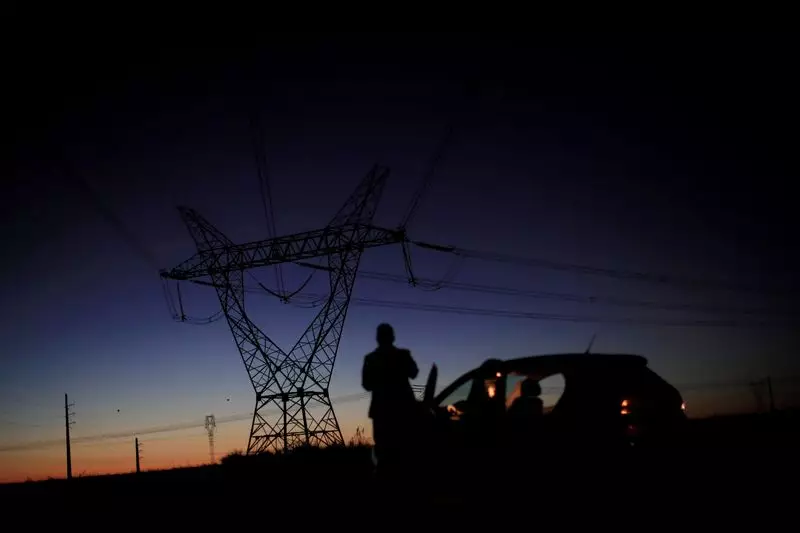The recent decision by local power regulator Aneel to impose an additional charge on electricity bills in Brazil is set to impact consumers in September. The move comes as a result of a drop in reservoir levels at hydroelectric plants, compounded by the dry season in the country. Despite the growth of renewable energy sources such as wind and solar power, more than half of Brazil’s power supply still relies on hydroelectric plants.
Aneel employs a pricing system that includes different levels ranging from “green” to “red level 2”. The “green” level signifies no additional charges on power bills, while the “yellow” level onwards gradually introduces extra tariffs. This pricing mechanism has raised concerns about inflation in the country, particularly as the “red level 2” rank has now been activated for the first time since August 2021.
With the implementation of the “red level 2” rank, Brazilian consumers are expected to pay an additional 7.88 reais ($1.40) for every 100 kilowatt-hours of electricity consumed. This extra cost is likely to put a strain on household budgets, especially for those already grappling with economic challenges. The decision to increase charges is a direct response to the forecasted below-average rainfall in Brazil’s main hydroelectric areas for September, necessitating a greater reliance on more expensive thermoelectric plants.
Historical Context
The situation mirrors a similar occurrence in August 2021 when Brazil faced a significant drought, prompting the activation of the “red level 2” rank. The reliance on hydroelectric power leaves the country vulnerable to fluctuations in weather patterns, highlighting the importance of diversifying the energy mix to ensure greater resilience in the face of climate-related challenges. While renewable energy sources have seen growth, the transition away from hydroelectric dominance remains a work in progress.
The decision by Aneel to increase electricity charges for Brazilian consumers underscores the delicate balance between energy security, environmental sustainability, and economic considerations. As the country navigates the challenges posed by fluctuating reservoir levels and changing weather patterns, a comprehensive approach to energy generation and consumption will be essential. Consumers can expect to see the impact of these decisions reflected in their monthly bills, emphasizing the need for efficiency and conservation in the use of electricity.

